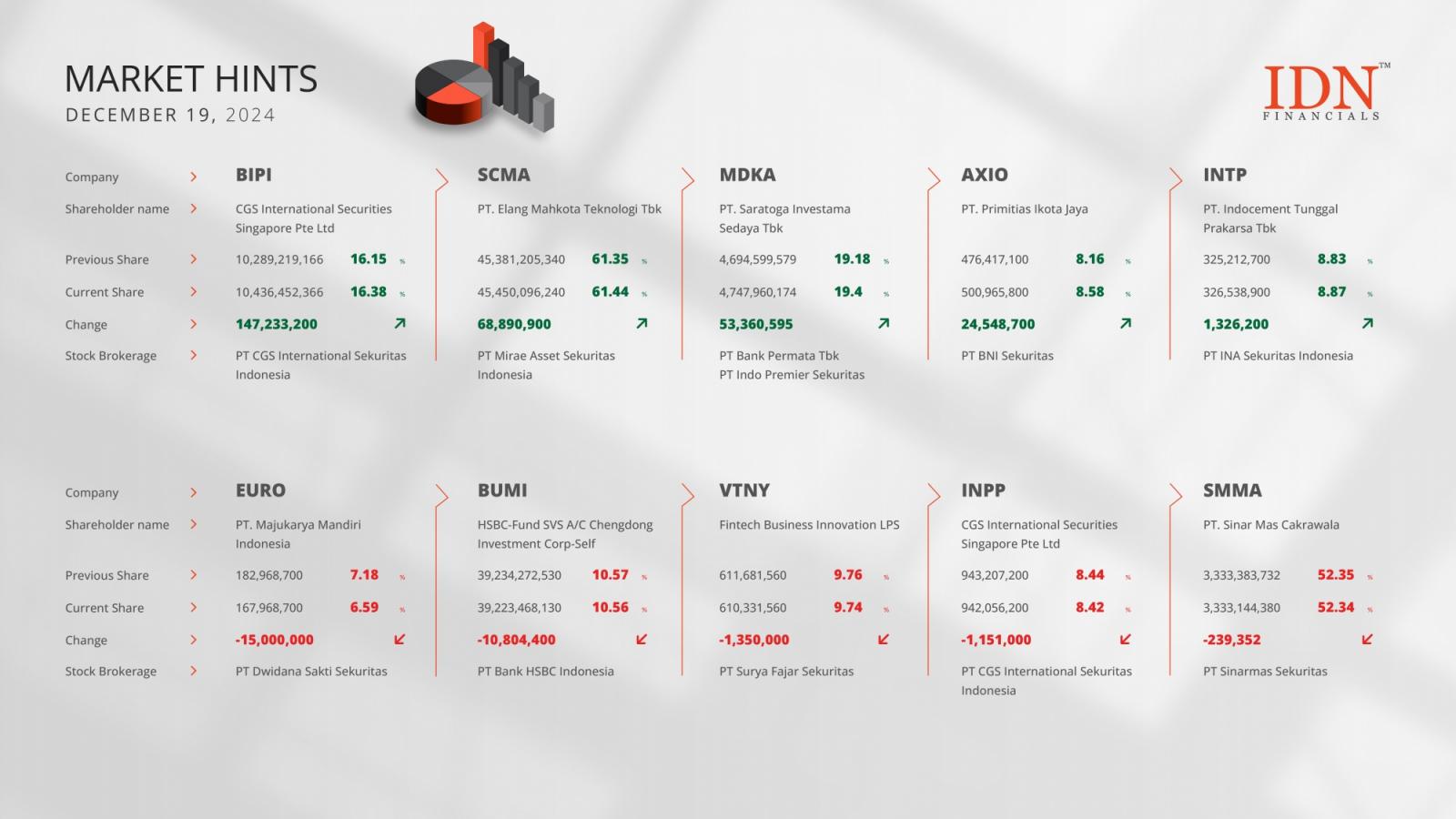Former FTX customers are finally able to take a sigh of relief knowing that Sam Bankman-Fried has been sentenced to 25 years in prison.
Manhattan Federal Judge Lewis Kaplan issued the 25-year sentence to Bankman-Fried, while prosecutors pegged the FTX saga to be one of the biggest financial frauds in American history.
But while this may mark the end of a chapter for FTX, a number of questions still linger.
For instance, many individuals within the crypto industry are left wondering whether or not a 25-year prison sentence for Bankman-Fried is enough.
👨⚖️ What do you all think of 25 years for SBF? ⛓️
😡 Too short? 🥺 Too long? 😎 Just right?
Curious to hear your opinions 👇🏻
— Laura Shin (@laurashin) March 28, 2024
While the sentence may seem lenient to some, legal experts have weighed in on the fairness of Bankman-Fried’s punishment.
Legal experts explain why SBF’s 25-year sentence is justifiable
“This was a fraud of epoch scope,” Samson Enzer, Partner at Wall Street Law Firm Cahill Gordon & Reindel LLP, told Cryptonews.
Most people – especially former FTX customers – would likely agree with Enzer.
Yet does this mean that 25 years is too short of a jail sentence for SBF?
According to Enzer, this isn’t the case.
“One of the metrics a judge must consider in deciding what sentence to give is based on the advisory sentencing range recommended by U.S. sentencing guidelines, as well as the need to deter this individual and others from committing similar crimes,” said Enzer.
Enzer explained that U.S. federal sentencing guidelines for cases like Bankman-Fried’s typically result in sentences lasting well over 100 years in prison.
“The scope of this crime would warrant a major sentence for deterrence,” said Enzer. Judge Kaplan gave a sentence below what the guidelines recommended.”
Enzer added that he thinks Bankman-Fried’s punishment is “very reasonable under the circumstances balancing all the considerations.”
For instance, he pointed out that Judge Kaplan provided Bankman-Fried with a “light at the end of the tunnel,” recognizing that he is still a young person.
“Given all this, it’s not hard to see how the sentence is substantially reasonable,” said Enzer.
He also noted that the sentencing procedure followed all federal rules and U.S. constitutional requirements.
Phillip Alexeev, Chief Growth Officer at payment solution provider CrossFi, also believes that Bankman-Fried’s sentence is fair, yet for other reasons.
“If you look at the sentence length in proportion to the amount of assets in question, as well as comparable sentences for other financial crimes, 25 years is actually in line with what I would have expected,” said Alexeev.
Alexeev added that he believes the sentence was most likely a reflection regarding the number of impacted individuals, the total value of impacted assets, and the precedent-setting power of the verdict as it pertains to crypto regulations.
Will SBF’s appeal impact his sentence time?
Unsurprisingly, Bankman-Fried has decided to appeal both his conviction and his prison sentence.
“I think it was a foregone conclusion he would appeal, once he decided he wasn’t going to accept responsibility and not plead guilty and maintain innocence in testimony,” said Enzer.
Enzer expects Bankman-Fried to likely argue that his conviction was improperly obtained.
“He may also say he didn’t get a fair trial or make other arguments challenging the conviction itself,” added Enzer.
Interestingly, Bankman-Fried’s decision to appeal could result in an even longer prison sentence. Enzer pointed out that this scenario happened during the prosecution of former defense attorney Lynne Stewart.
“That is the only time I remember a Circuit saying that a sentence is too low,” he said.
While this is technically possible, Enzer believes it’s extremely unlikely that Bankman-Fried’s sentence will increase.
Rather, Enzer believes that the most likely outcome will be for The Second Circuit Court of Appeals to affirm, agreeing that the conviction was appropriate and that the sentence was within the bounds of the judge’s discretion.
Enzer pointed out that The Second Circuit Court of Appeals could find an error that may be reversible in the way the sentence was done, however. In this case, it would go back for a rehearing.
“I doubt they would lower the sentence, though. I think this is a fair sentence,” said Enzer.
Margaret Rosenfeld, Principal of DeFi advisory firm Zukunft Advisory, told Cryptonews that Bankman-Fried’s appeal would probably result in oral arguments before judges. She explained that this process can take years to work its way through.
“In the meantime, SBF will be in prison while the appeal process goes forth,” said Rosenfeld.
She added that litigators following the trial do not expect any success with the appeal.
Has the industry learned from Bankman-Fried’s wrong doings?
Although questions persist around Bankman-Fried’s case, Enzer believes there is an important lesson to be learned from the FTX saga.
“This shows that we are as a society able to weed out bad actors, whether they are associated with blockchain technology or Wall Street,” he said.
Given this, Enzer noted that there should not be a full-blown dismissal of the transformative promise of blockchain technology and digital assets due to one bad actor.
“There are many legitimate good faith actors in this industry. The brush is getting cleaned out from the original wild west cowboy days of crypto, and we are moving into a new phase of maturity and compliance and guardrails to protect consumers,” he said. “I think it’s good to have this dark chapter behind us and we should look forward to the next chapter of digital assets.”
Yet Rosenfeld advises the crypto industry to proceed with caution.
“There are many good actors in the blockchain sector,” she said. “But as we enter into a new bull cycle, are participants doing their due diligence now? Are venture capital firms and influencers that are backing projects taking on more of a guardian role to ensure that projects are doing what they say they are doing?”
Unfortunately, Roseneld believes these questions have yet to be answered.





